A leaky basement can be frustrating and concerning. Not only can it damage your home and belongings, but it can also lead to health hazards like mould and mildew. But don't worry—you can take steps to address the issue and prevent it from happening again. This article will provide tips, cautions, and expert advice on what to do if you have a leaky basement.
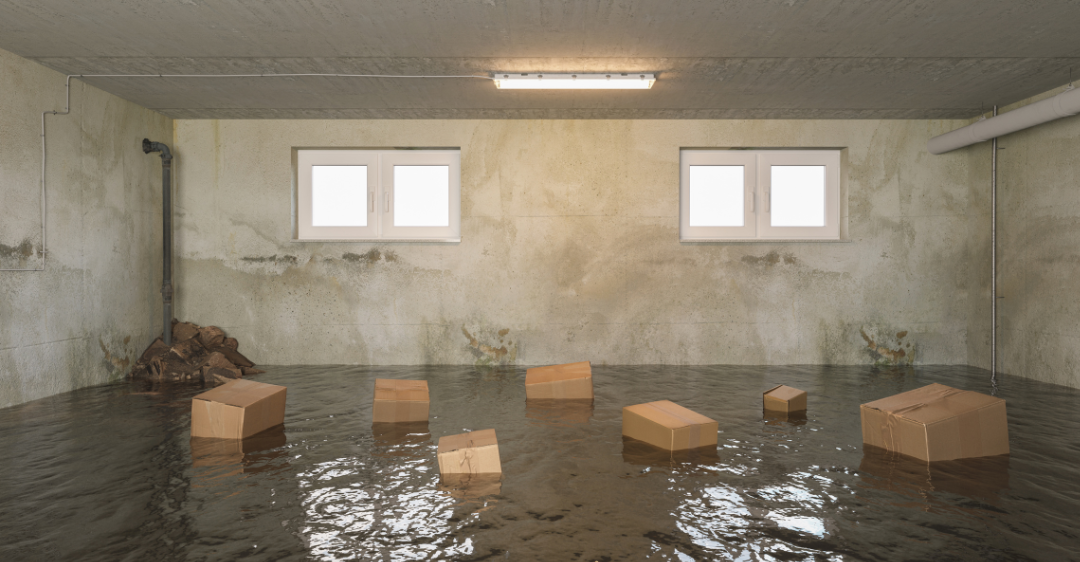
Identify the Source of the Leak
The first step in addressing a leaky basement is to identify the source of the leak. Familiar sources include cracks in the foundation, faulty plumbing, and poor drainage. It's essential to pinpoint the source of the leak so you can address it effectively.
Fix the Source of the Leak
Once you've identified the source of the leak, it's time to fix it. Depending on the cause of the leak, this may require some DIY skills or the help of a professional. For example, if the leak is due to a crack in the foundation, you may need to apply sealant or epoxy to fill the crack. If the leak is due to faulty plumbing, you may need to replace or repair the affected pipes.
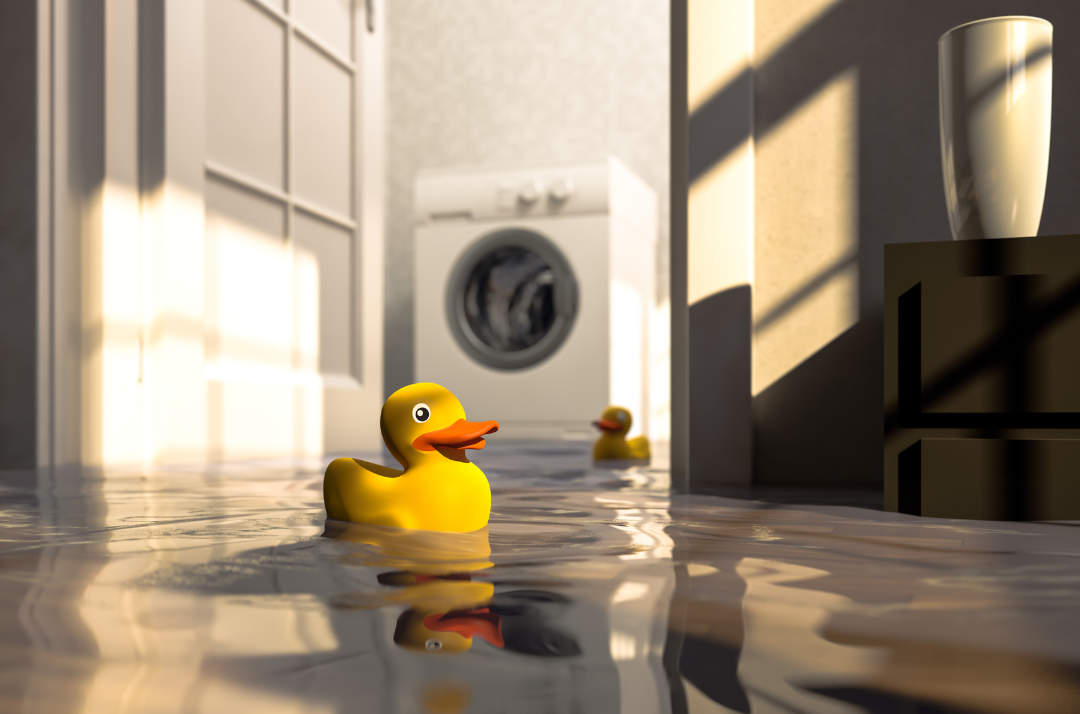
Address the Damage
If your basement has already sustained damage due to the leak, it's also essential to address this. This may include drying out wet areas, removing damaged materials, and disinfecting the area to prevent mould and mildew growth.
Prevent Future Leaks
Once you've fixed the source of the leak and addressed any damage, it's important to take steps to prevent future leaks. This may include improving drainage around your home, installing a sump pump, or adding a moisture barrier to your basement walls.
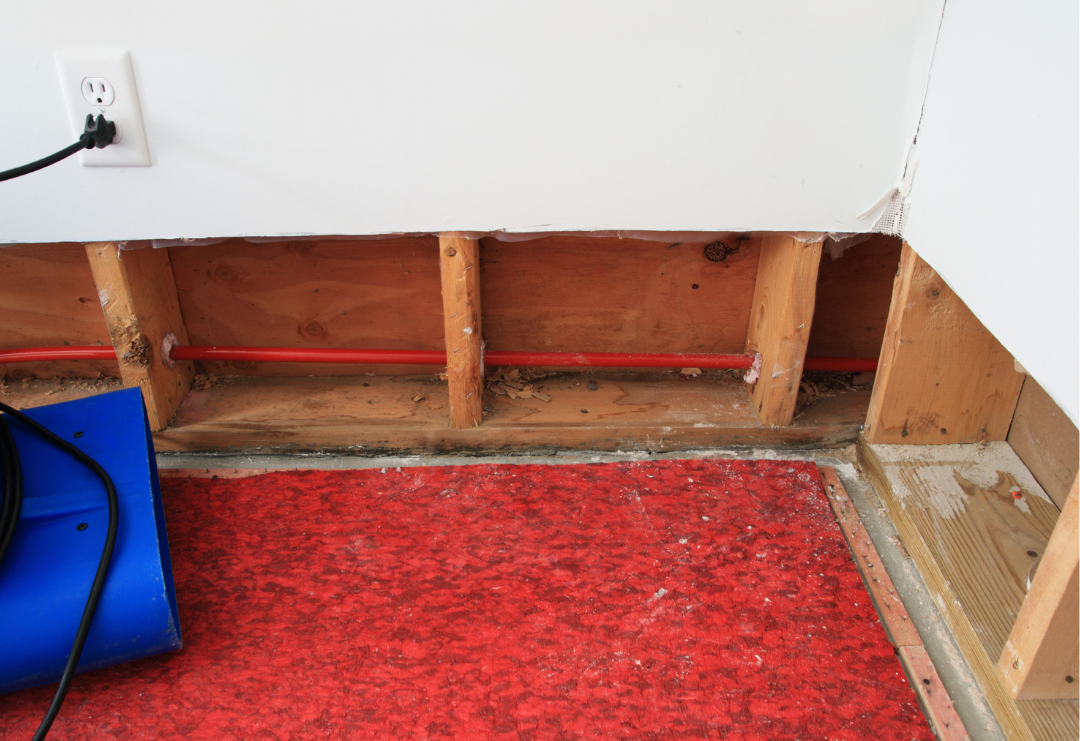
Cautions:
- It's important to exercise caution if you're planning to fix a leak yourself. Specialized skills or equipment may be required depending on the underlying cause. If you're uncertain about your ability to solve the problem, it's better to seek the help of a professional.
- Be aware of the potential health hazards associated with a leaky basement. Mould and mildew can cause respiratory issues, especially those with allergies or asthma. If you suspect your basement has mould or mildew growth, it's important to address this immediately.
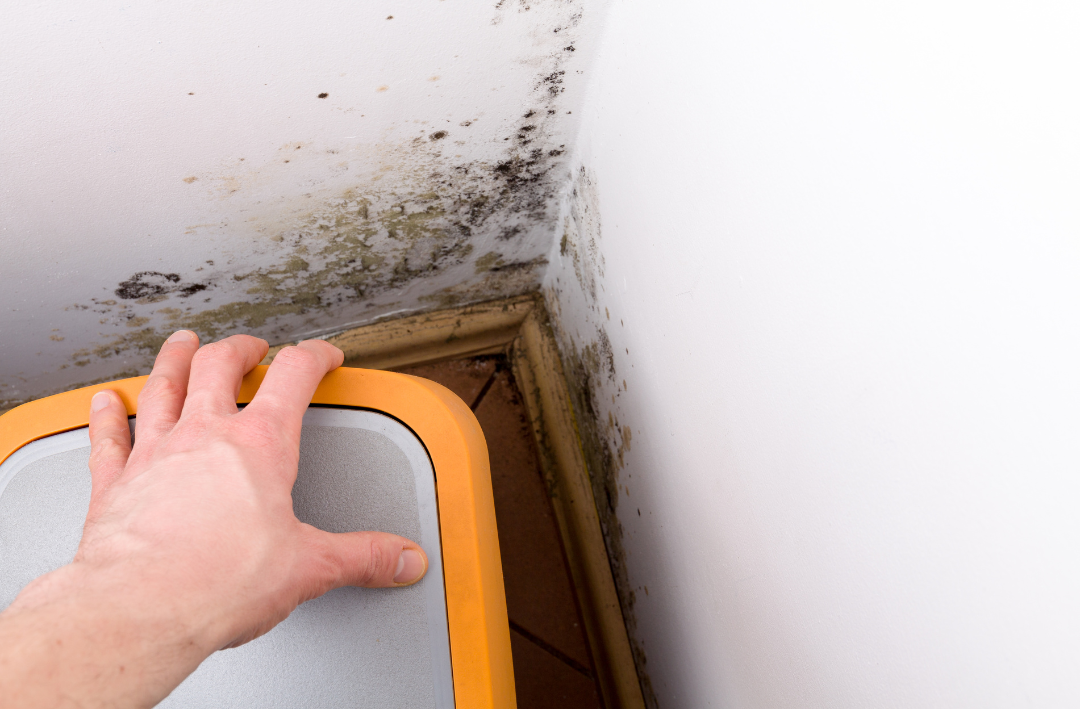
Expert Advice:
Identifying the source of the leak and addressing the root cause of the problem is crucial to preventing future issues. Once you have identified the source of the leak, it is crucial to fix it properly. This may require specialized skills or equipment, so if you are not confident in your ability to do it yourself, don't hesitate to call in a professional.
While fixing the leak is important, taking steps to prevent future leaks is equally important. This may include improving drainage around your home, adding a moisture barrier to your basement walls, or installing a sump pump. These preventative measures can save you time, money, and headaches in the long run.
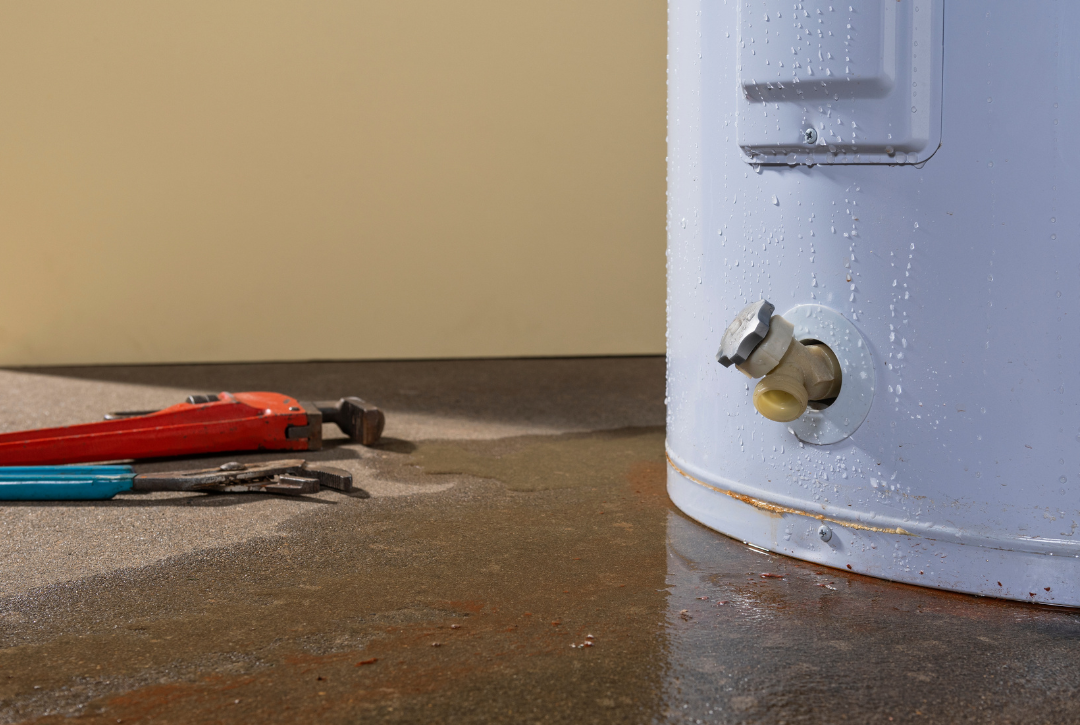
A leaky basement can be a frustrating and concerning situation, but there are steps you can take to address it and prevent it from happening again in the future. By identifying the source of the leak, fixing it properly, addressing any damage, and taking preventative measures, you can ensure a dry and healthy basement for years to come.
Posted by Infinity Admin on
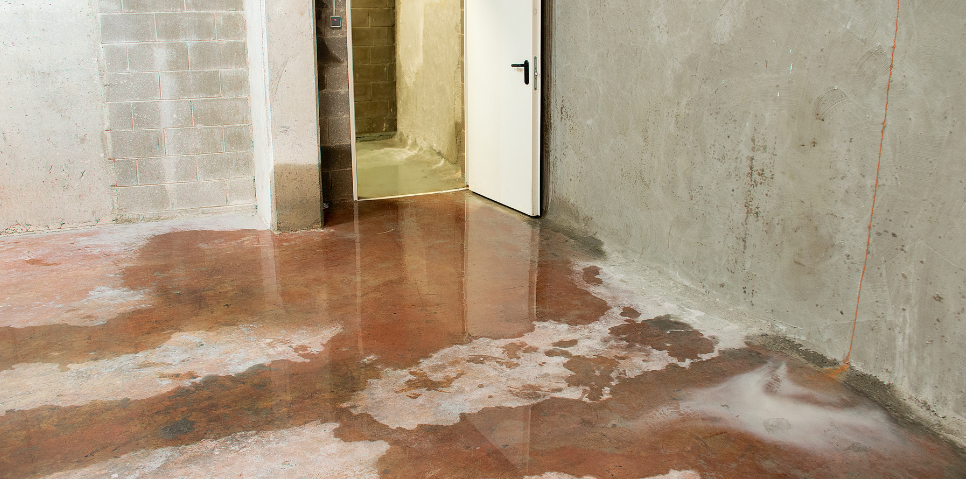
Leave A Comment